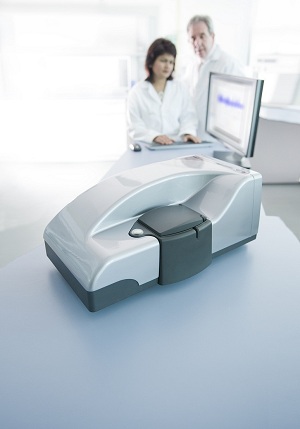With the recent launch of the new top of the range Zetasizer Nano ZSP system, Malvern Panalytical has added dynamic light scattering (DLS) Microrheology to its portfolio of materials characterization techniques.

To introduce this powerful technique, the company has published an in-depth paper that explains the background to microrheology, and how it can be used to investigate the rheological properties of even the most weakly structured fluids, using sample volumes on the microliter scale. ‘An Introduction to DLS Microrheology’ includes data for protein (bovine serum albumin (BSA)) and polyethylene oxide (PEO) solutions that illustrate the significance and usefulness of the method.
Microrheology is a relatively new analytical methodology that has been the subject of increasing academic study over the past 15 years, and is of growing interest to those researchers working at the forefront of rheological characterization. It involves tracking the motion of colloidal tracer particles dispersed in a complex fluid sample, in order to extract the viscoelastic properties of the system. DLS Microrheology has attributes that are particularly advantageous for characterizing low viscosity samples, such as polymer or protein solutions, and extends the measurement range and application of rheology well beyond the regimes accessible with even the most sophisticated mechanical rheometers. A central advantage is that it can access the very high frequencies, or short timescale measurements, that are needed to characterize these weakly structured fluids. Furthermore, data can be obtained with very small sample volumes so the technique is well-suited to the analysis of high value protein solutions, for example.
‘An Introduction to DLS Microrheology’ provides a general overview of microrheology techniques, before going on to focus on DLS Microrheology and the underlying theory. Practical aspects of microrheology are discussed in some detail, with guidance on method development and sample preparation, both of which are particularly important factors for robust measurements. The paper concludes with some experimental data that demonstrate applicability.
These data show how DLS Microrheology, combined with conventional rotational rheology, can significantly extend the measured viscoelastic spectrum for polymer solutions for characterization of short timescale dynamics, and demonstrate its value for protein solution characterization. The results indicate that the development of solution viscoelasticity can be used to investigate the onset of protein aggregation in denaturing BSA solutions, as well as assessing solution viscosity as a function of concentration to determine onset of non-Newtonian flow properties.